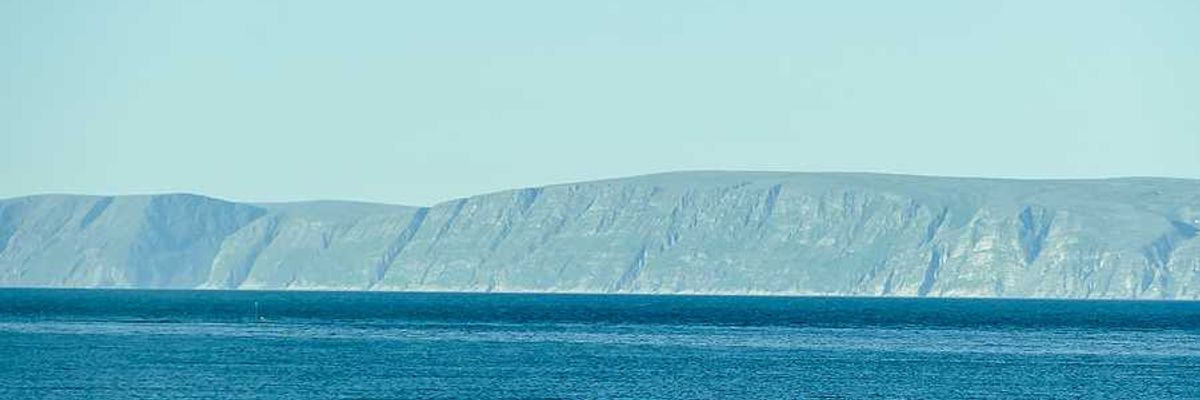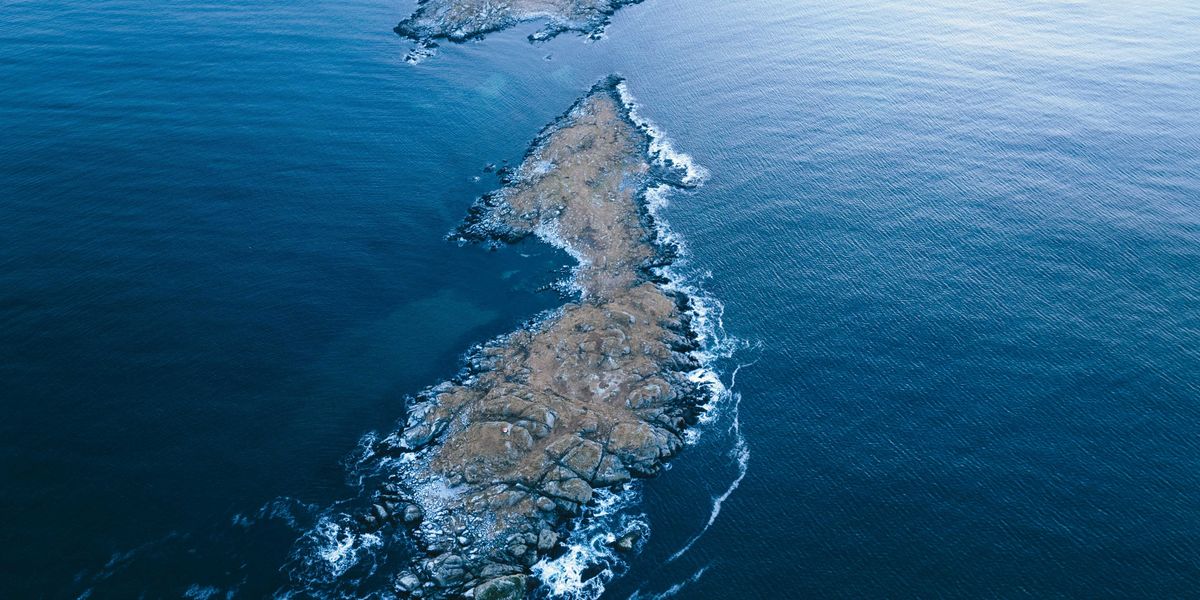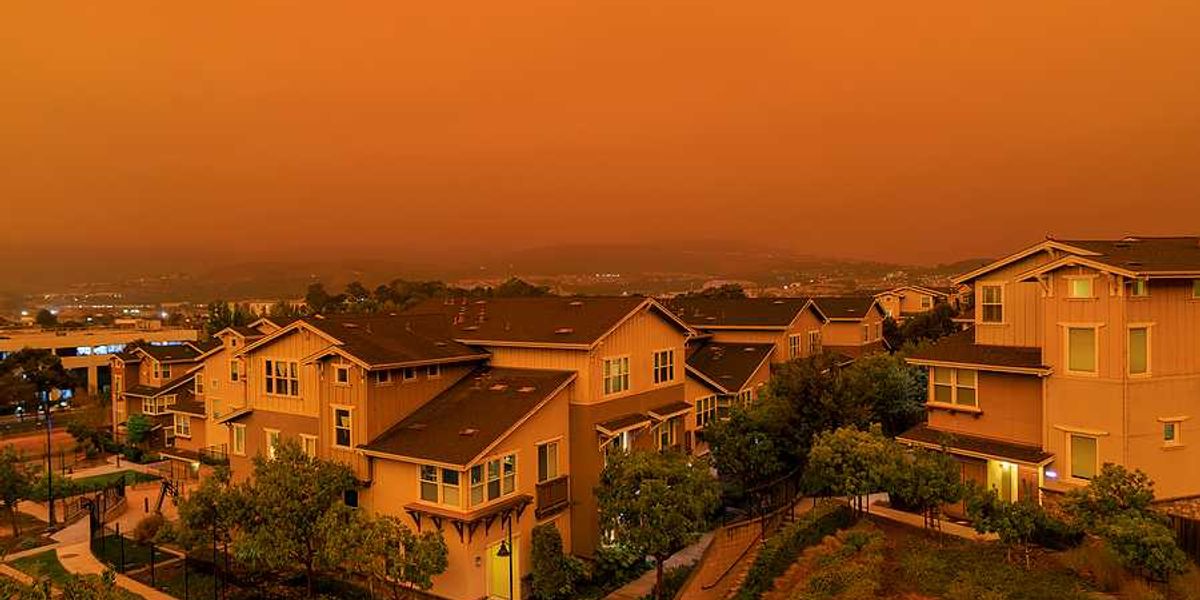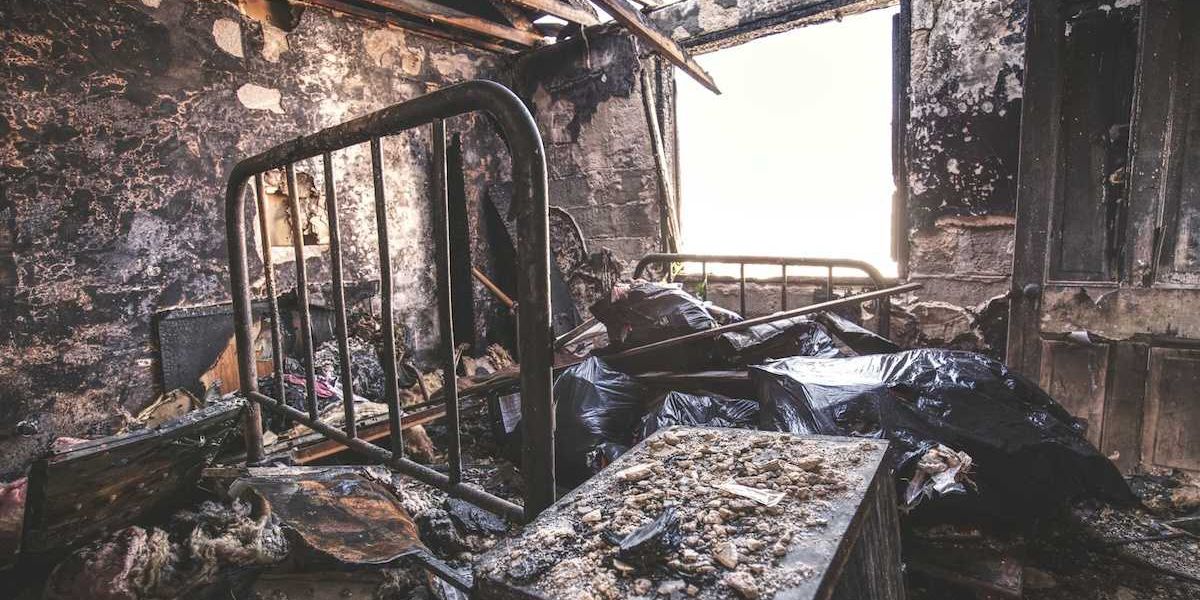cook islands
Exploring the Cook Islands' role in deep-sea mining
Below the ocean surrounding the Cook Islands lies a wealth of minerals critical for electric vehicle batteries, stirring debates over economic gain versus environmental risk.
In short:
- The Cook Islands faces a pivotal decision on whether to mine these deep-sea minerals, which could significantly boost its economy.
- Environmentalists and more than 800 scientists have advocated for a moratorium, fearing severe ecological impacts.
- Local government and international companies are conducting studies to determine the feasibility and environmental implications of such mining.
Key quote:
"Our creation story is that the bottom of the ocean is where life began. How many creatures are we going to destroy down there if we suck up all that sand?"
— Teina Rongo, marine biologist
Why this matters:
Environmentalists and many scientists caution against the haste to harvest these seabed treasures. They warn of possibly irreversible damage to deep-sea ecosystems, which are among the least understood biomes on Earth. Disturbances could range from the sediment disruption impacting marine life to the potential release of toxic substances into the water column. As the world increasingly looks to the ocean's depths to meet the mineral demands of green technology, the decisions made in these remote islands could set a precedent for how humanity balances economic gain with the stewardship of nature's unexplored frontiers.
Related:
When deep-sea miners come a-courting
In a nutshell:
The Cook Islands government is keenly interested in exploring seabed mining for polymetallic nodules as a potential source of revenue for the country's post-pandemic economy. The nodules are rich in the mission-critical minerals necessary for the anticipated global green energy transition. However, there are ongoing disagreements about the environmental impact of such mining activities on fragile marine ecosystem and biodiversity, as well as concerns about the potential release of harmful chemicals and toxic metals into the water during mining operations.
Key quote:
“I think everybody believes we have a climate change emergency. Do we want to wait 10 years or 15 or 20 years [to address it]? Maybe, but how much longer do we want to keep using oil and gas, keep polluting our atmosphere, and continuing to create huge climate change issues?”
Big picture:
"The fix" as the old saying goes, may already be in. After a period of intense courting and lavish spending by multiple mining interests, exploration licenses were granted to three deep-sea mining companies. Prime Minister Mark Brown, who, thanks to recent changes to the Seabed Minerals Act, is also the minister of minerals, has referred to the highly-prized nodules as "golden apples" and delivered a withering rebuke of anti-mining interests last November at COP 27. Although an official decision on whether to proceed with mining won't be finalized until a seemingly perfunctory exploratory phase is deemed complete, official posturing and signaling from a handpicked, pro-mining advisory board indicate that this is a fait accompli.









